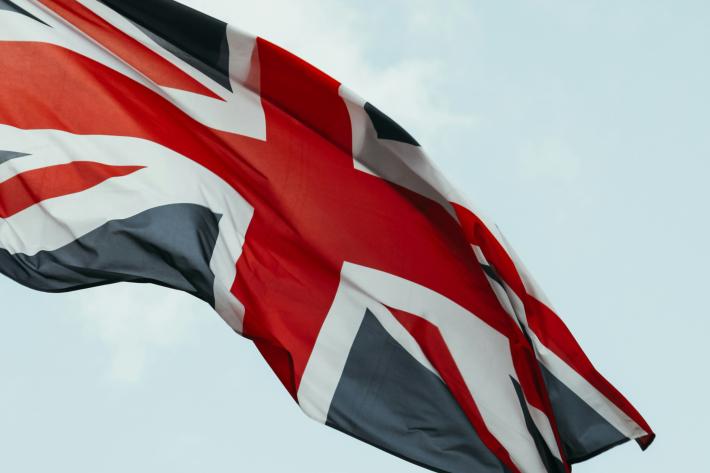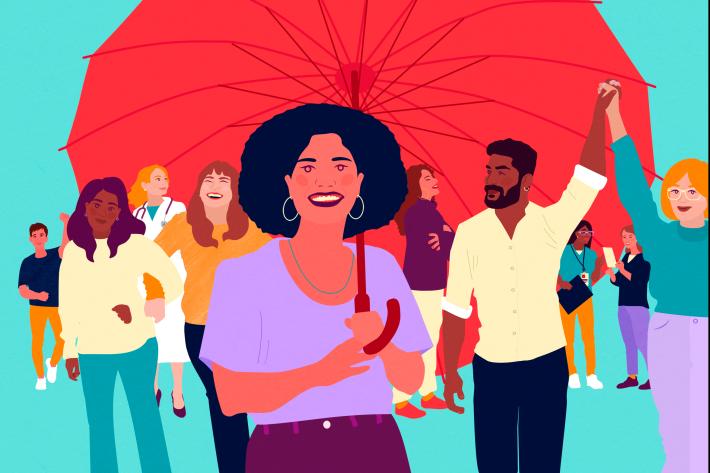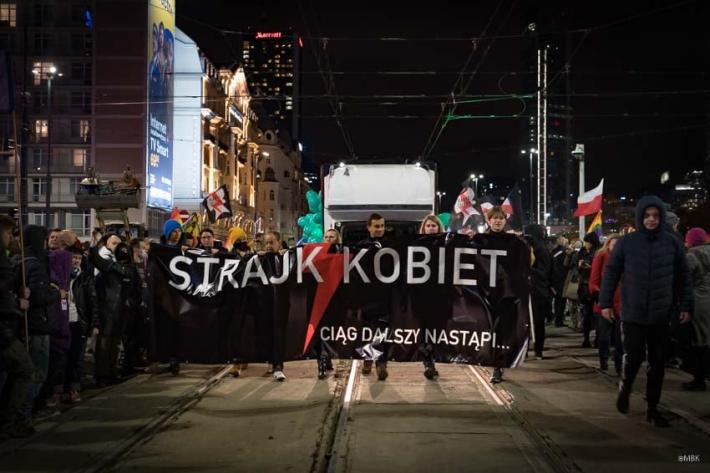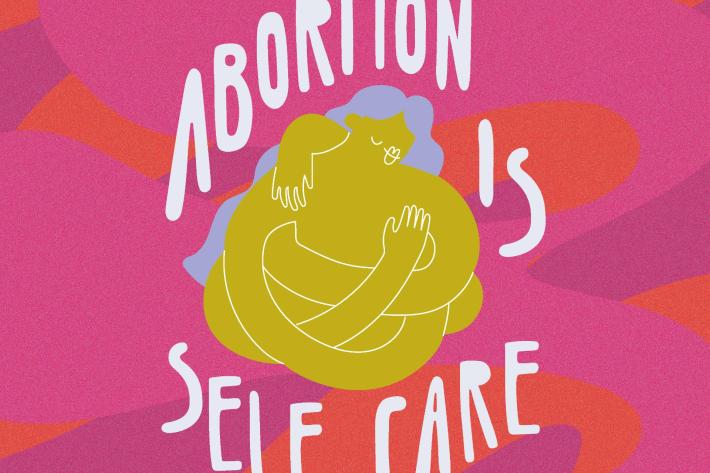
Spotlight
A selection of news from across the Federation

European Commission's new Women's Rights Roadmap includes SRHR—Now we need action
On 7 March, the EC released a new political declaration committing to uphold and advance women's rights. We welcome the inclusion of SRHR and other key topics. Now impactful actions are needed.
Filter our news by:


| 01 October 2018
The European Week of Action of Girls is back!
The European Week of Action of Girls (EWAG) is a week-long programme of events and activities, based around the International Day of the Girl Child, on Thursday 11th October. Now in its sixth year EWAG asks the EU to better protect and champion the rights of girls, particularly through its external action. Organised by a coalition of civil society organisations, and supported by the European Institutions and UN Agencies, the 2018 European Week of Action for Girls takes place from 8 – 12 October. The European Week of Action for Girls 2018 will give girls the opportunity to talk to EU decision-makers and help shape a better world for all girls. They will address EU leaders on what needs to be done to overcome the barriers they face and to ensure their rights are respected, protected and fulfilled. This year, EWAG will particularly focus on girls’ right to education, combatting violence, economic empowerment and to participation in decision-making. Background paper. Advocacy paper. Video interview following EWAG. The week in photos.

| 04 May 2018
Call on the EU to reflect gender equality in the next multiannual budget
This week the European Commission released its Communication on the Multiannual Financial Framework (2021-2027) which makes no reference to gender equality. CSOs come together to call on the European Parliament and on Member States to safeguard the promotion and protection of gender equality and women’s and girls’ rights in the further development of the post-2020 EU budget. Statement follows: "On Wednesday, the European Commission released its Communication on the Multiannual Financial Framework (2021-2027). As the gender and development community we are deeply concerned that gender equality is not addressed as a key political priority. We question to what extent the external relations budget, increased to 10% of the MFF, will serve the primary long-term objective of EU’s development cooperation which remains the eradication of poverty. The Communication itself makes no reference to gender equality. Its annex makes only two cursory references to gender mainstreaming (including one regarding the new Neighbourhood, International and Development Cooperation Instrument – Heading VI), without giving any more details as to how this should be undertaken under the next MFF. The principles of “prosperity, sustainability and solidarity” should serve as a guide, ensuring that the next MFF is fair and inclusive for all, including women and girls. If the EU really wants to establish ‘a modern, focused EU budget’, this cannot be done without the sound and comprehensive inclusion of a gender perspective that is key to enable better and more evidence-based decision-making, which in turn contributes to ensuring an effective use of public funds and EU added value in its external action. Notably, a gender responsive budget facilitates the attainment of modern standards of public financial management such as performance orientation, transparency, accountability, and participation. While acknowledging Europe’s future long-term funding debate comes in at a challenging and complex political environment, the EU also needs to match it with the ambitions and commitments made to achieve all Sustainable Development Goals and ensuring no one is left behind. Since the EU has played a key role in advancing the global agenda for gender equality through various policies and initiatives, it must now operationalize this political leadership to guarantee its new Heading VI has a transformative and positive impact in the lives of women and girls. The new European Consensus on Development, which is acknowledged by the European Commission as a cornerstone of the next MFF when it comes to external action, reiterates this commitment. This will not become a reality without specific targets, investments in all development sectors, the generation of sector-specific, gender-disaggregated data, and an understanding of the complexity of multiple discriminations. Consistent support for gender equality will have a multiplier effect and ensure a sustainable, positive impact of EU actions with partner countries. As it currently stands, gender equality will likely be reduced to a minimum in the implementation of the Neighbourhood, International and Development Cooperation Instrument. We, therefore, call on the European Parliament and the Member States, in the further elaboration of the future EU budget, to safeguard the promotion and protection of gender equality and women’s and girls’ rights. Lifting women and girls out of poverty helps lift whole families, communities and countries out of poverty and is therefore key to ensuring sustainable, inclusive economic growth." Signed by IPPF EN, Care International, World Vision, Kvinna till Kvinna Foundation, ONE, Plan International, European Women's Lobby, DSW, WIDE+, European Region World Association of Girl Guides and Girl Scouts.
















